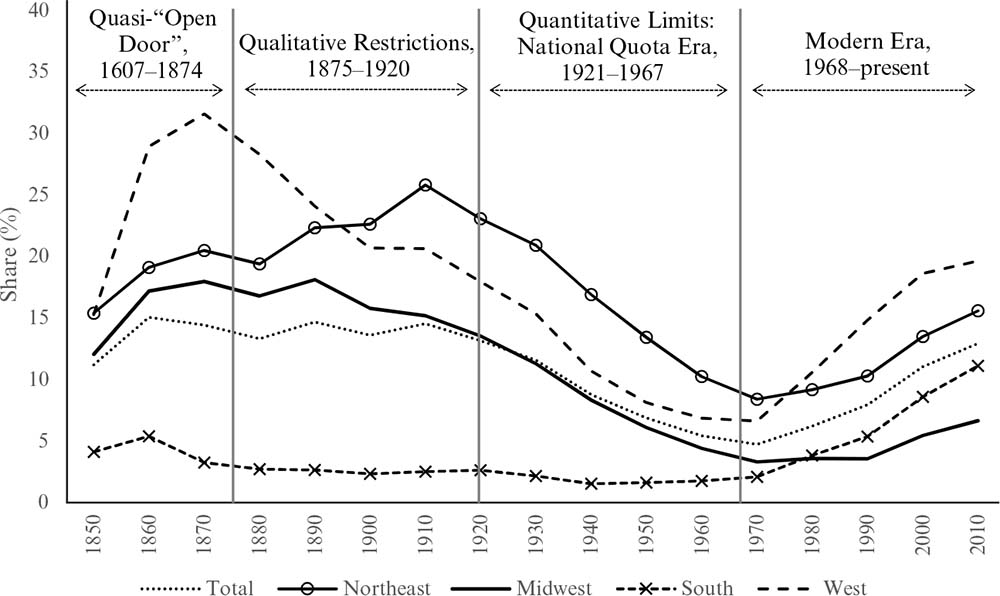OpenAI's ChatGPT Under FTC Scrutiny: Implications And Analysis

Table of Contents
The FTC's Investigation: What We Know So Far
The Federal Trade Commission (FTC) is a powerful independent agency with the authority to prevent unfair methods of competition and unfair or deceptive acts or practices in commerce. Its mandate explicitly includes protecting consumers and ensuring fair business practices. The FTC's investigation into OpenAI and its flagship product, ChatGPT, centers on several key concerns regarding potential violations of consumer protection laws.
-
Summary of the FTC's Concerns: The FTC's concerns regarding ChatGPT's potential for harm are multifaceted:
- Data Privacy Violations: The collection, use, and storage of user data used to train the AI model are under scrutiny. Questions remain about the transparency of data handling practices and whether users provide informed consent. The potential for unauthorized data collection and breaches is a significant concern.
- Dissemination of Misinformation and Harmful Content: ChatGPT's ability to generate convincing but false information raises concerns about the spread of misinformation and the potential for harm to individuals and society. The FTC is likely investigating OpenAI's safeguards against this misuse.
- Algorithmic Bias and Discriminatory Outcomes: Concerns exist about the potential for biases embedded within the model's training data to lead to discriminatory outcomes. The FTC's investigation likely explores whether OpenAI has adequately addressed and mitigated these biases.
-
Public Statements and Actions: While the FTC investigation is ongoing, and details are limited, public statements have hinted at concerns related to potential violations of Section 5 of the FTC Act, which prohibits unfair or deceptive acts or practices. Further legal frameworks, such as those related to data privacy under state and federal laws, are likely being considered.
-
Potential Legal Frameworks: The investigation could leverage various legal frameworks, including the FTC Act, state data privacy laws (like CCPA and GDPR equivalents), and potentially even emerging AI-specific regulations that are under development.
Potential Implications for OpenAI
The FTC's investigation carries substantial potential consequences for OpenAI:
-
Financial Penalties: Significant fines and penalties could be levied if OpenAI is found to have violated consumer protection laws. The scale of these penalties could significantly impact the company's financial stability.
-
Changes to Data Handling Practices and AI Model Development: The FTC may mandate substantial changes to OpenAI's data handling practices and the development of its AI models. This could involve increased transparency, stricter data security measures, and modifications to algorithms to mitigate bias and misinformation.
-
Reputational Damage: Negative publicity stemming from the investigation could severely damage OpenAI's reputation, impacting its ability to attract investors, secure partnerships, and maintain public trust.
-
Impact on Funding and Partnerships: The investigation's outcome could influence future funding rounds and partnerships, impacting OpenAI's ability to continue its ambitious research and development efforts. Potential investors may hesitate to commit capital in the face of regulatory uncertainty.
-
Legal Precedent: This case could set a significant legal precedent for the entire AI industry, influencing how future AI companies are regulated and held accountable.
Broader Implications for the AI Industry
The FTC's investigation into ChatGPT has far-reaching implications for the broader AI industry:
-
Global Influence on AI Development and Regulation: The outcome of this investigation could significantly influence AI development and regulation globally. Other countries and regulatory bodies may follow suit, creating a more stringent regulatory environment for AI companies worldwide.
-
Increased Regulatory Scrutiny: The investigation signals an increase in regulatory scrutiny across the AI sector. Companies developing and deploying AI technologies can expect heightened attention from regulators concerning data privacy, algorithmic bias, and responsible AI practices.
-
Changes in Industry Best Practices: The investigation could lead to changes in industry best practices regarding data privacy, algorithmic transparency, and the development of responsible AI. Companies may need to adopt more robust safeguards to mitigate risks and avoid regulatory penalties.
Consumer Protection and the Future of Generative AI
The FTC's investigation underscores the critical importance of consumer protection in the age of advanced AI:
-
Consumer Protection in the Age of AI: As AI technologies become increasingly prevalent, protecting consumers from potential harms related to data breaches, misinformation, and algorithmic bias is paramount. The investigation highlights the need for clear and enforceable regulations.
-
Ethical Considerations and Algorithmic Transparency: Ethical considerations and algorithmic transparency must be central to the development and deployment of AI. Consumers have a right to understand how AI systems work and what data is being collected and used.
-
Robust Regulatory Frameworks: Robust regulatory frameworks are essential for safeguarding consumer rights in the face of rapidly advancing AI technologies. These frameworks should balance innovation with the need to protect consumers from potential harm.
Conclusion
The FTC's investigation of ChatGPT represents a pivotal moment for the AI industry, underscoring the urgent need for robust regulatory frameworks and ethical considerations in the development and deployment of powerful AI technologies. The outcome of this investigation will have far-reaching implications for OpenAI, the broader AI industry, and the protection of consumers. The potential for significant fines, changes in data handling practices, and shifts in industry best practices are all on the table.
Call to Action: Stay informed about the ongoing FTC investigation of OpenAI's ChatGPT and the evolving landscape of AI regulation. Understand the implications of ChatGPT and similar generative AI technologies to protect your data and advocate for responsible AI development. Follow future updates on the FTC's investigation into OpenAI's ChatGPT for a comprehensive understanding of this evolving situation. The future of AI depends on responsible innovation and strong consumer protection.

Featured Posts
-
 Cobalt Market In Turmoil Analyzing Congos Export Ban And Future Quota System
May 15, 2025
Cobalt Market In Turmoil Analyzing Congos Export Ban And Future Quota System
May 15, 2025 -
 Ex Goldman Bankers Plan To Revitalize Canadas Resource Industry
May 15, 2025
Ex Goldman Bankers Plan To Revitalize Canadas Resource Industry
May 15, 2025 -
 Ms V Hokeji Svedi S Hvezdnou Nhl Sestavou Cesi Hraji S Nemeckem
May 15, 2025
Ms V Hokeji Svedi S Hvezdnou Nhl Sestavou Cesi Hraji S Nemeckem
May 15, 2025 -
 Jalen Brunsons Injury Exposes Knicks Biggest Weakness
May 15, 2025
Jalen Brunsons Injury Exposes Knicks Biggest Weakness
May 15, 2025 -
 Knicks Suffer Overtime Defeat Were Injuries The Turning Point
May 15, 2025
Knicks Suffer Overtime Defeat Were Injuries The Turning Point
May 15, 2025
